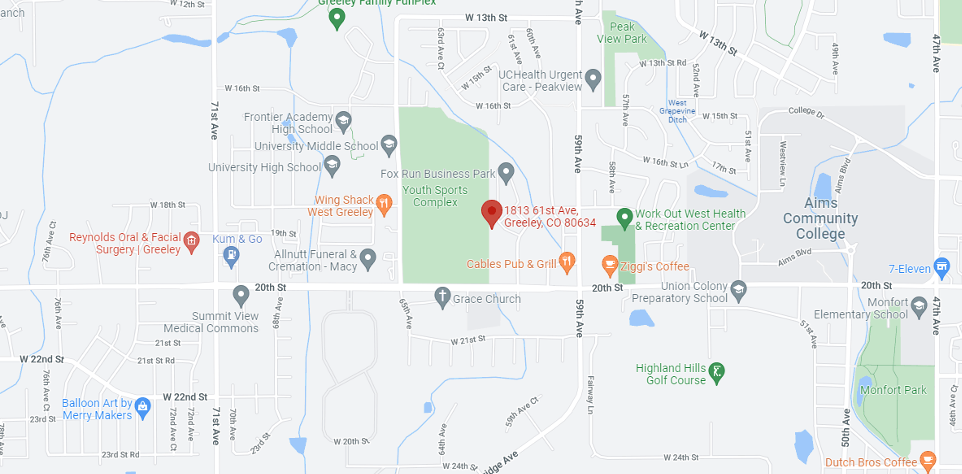Dental Emergencies in Children
August 25th, 2021

Dental emergencies are bound to come up when you have young children. Drs. Kevin and Kami Marr and our team want to you to be prepared in case you run into a difficult situation. Problems can vary, from minor gum irritation to knocked-out teeth. Take a look at the different possibilities and how you can handle them.
Teething
Depending on the age of your child, there are common things to watch for when it comes to his or her teeth. Starting from a young age, your son or daughter may experience teething pain. This starts at about four months and can last up to three years.
Teething may cause your little one to become irritable and more prone to drooling due to tender gums. This is very common in young children who are teething, and can be alleviated by giving them a cold teething ring or by rubbing their gums with your finger.
Teething pain is as normal as your child’s first set of teeth falling out. On the other hand, if a baby tooth is knocked out in a forceful accident, make sure you bring him or her into our Greeley office to check that other damage hasn’t occurred in the mouth. On occasion, permanent teeth may grow in before baby teeth have fallen out. This may not cause any discomfort, but Drs. Kevin and Kami Marr should make sure the teeth are growing in properly. Catching teeth that are coming in incorrectly can prevent issues from arising in adulthood.
Gum Issues
If you’ve noticed your child’s gums bleeding often, this could result from a number of things. Bleeding gums may be an early sign of periodontal disease, which is caused by poor oral hygiene when it appears in children. Excessive gum bleeding can also occur when children brush their teeth too hard, or suffer an injury to their gum tissue.
If bleeding is continuous, rinse your child’s mouth with warm salt water and apply light pressure to the area. If you become concerned about the amount of blood, contact our Greeley office and we will schedule an appointment for your youngster as soon as possible.
Depending on what type of dental issue your child is experiencing, you should make sure to treat it quickly and properly. If you have questions or concerns about what you can do to help your son or daughter develop better oral hygiene habits, ask Drs. Kevin and Kami Marr for tips during your next appointment.
Don’t forget: As a parent, you can provide the best education to your children on the importance of proper oral hygiene by setting a good example.



